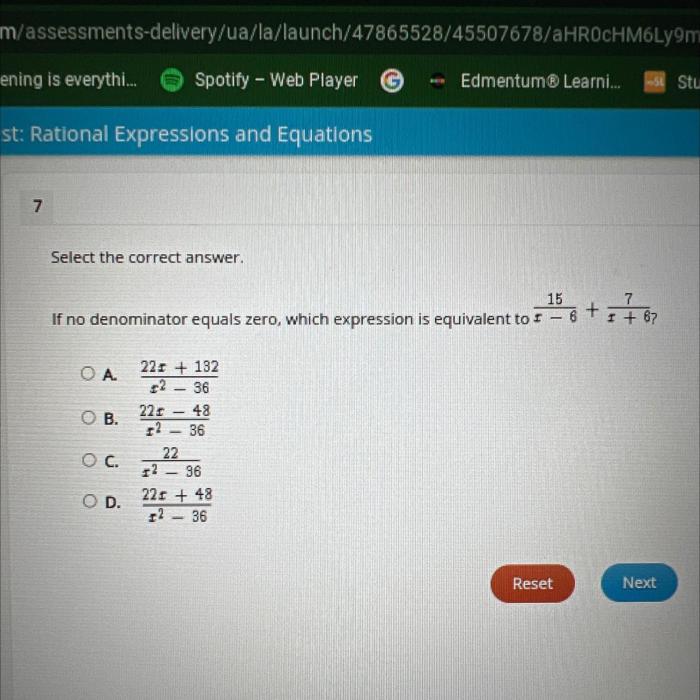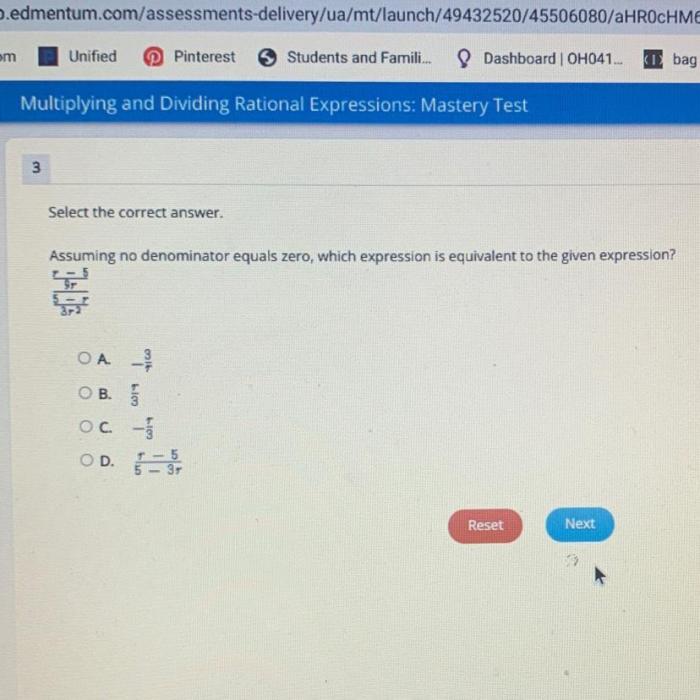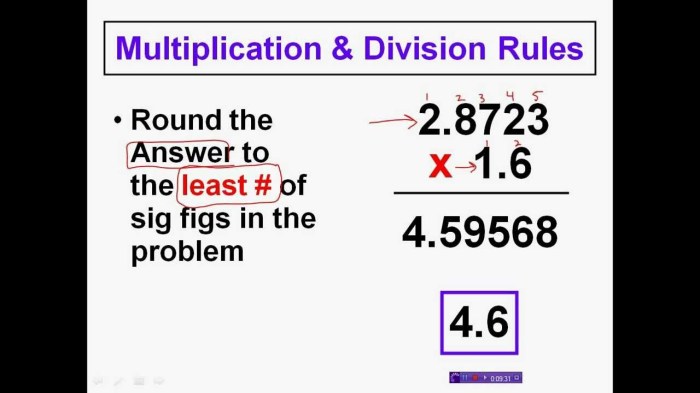If no denominator equals zero which expression is equivalent to – If no denominator equals zero, which expression is equivalent to another? This intriguing question sparks a captivating exploration into the realm of mathematical equivalence, where expressions can be transformed while preserving their fundamental value. Delve into this discourse to unravel the mysteries of conditional equivalence and its profound implications in mathematical operations and real-world applications.
Expressions with zero denominators pose a mathematical conundrum, as division by zero is strictly prohibited. However, by introducing the conditional statement “if no denominator equals zero,” we unlock a gateway to understanding equivalent expressions under this specific condition. This exploration unveils techniques for simplifying expressions without altering their value, providing valuable insights into the intricacies of mathematical manipulation.
Expressions with Zero Denominators
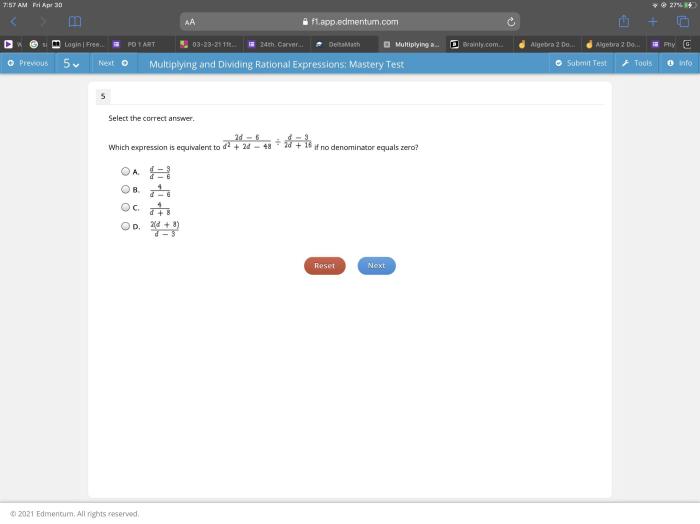
Division by zero is mathematically undefined, meaning that expressions with zero denominators cannot be evaluated. For instance, 5/0 and (x+2)/(x-2) when x=2 are undefined expressions due to the zero denominator.
Equivalent Expressions: If No Denominator Equals Zero Which Expression Is Equivalent To
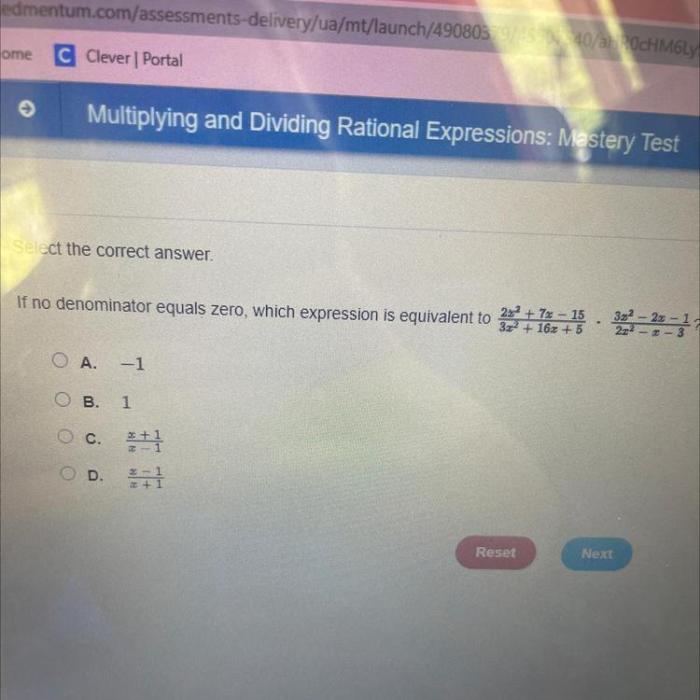
Equivalent expressions have the same value for all possible values of the variables. Expressions can be manipulated using algebraic rules to create equivalent forms, such as factoring, expanding, and combining like terms.
Conditional Equivalence
The condition “if no denominator equals zero” implies that the equivalence of expressions depends on the values of the variables. Expressions that are equivalent under this condition may not be equivalent if a denominator equals zero.
Identifying Equivalent Expressions, If no denominator equals zero which expression is equivalent to
- If a/b = c/d, then a*d = b*c (if no denominator equals zero)
- If a/b = c/d, then a+b/b = c+d/d (if no denominator equals zero)
- If a/b = c/d, then a-b/b = c-d/d (if no denominator equals zero)
Exceptions and Limitations
The equivalence condition does not hold true if any denominator equals zero. For example, 1/0 = 2/0 is not true because both expressions are undefined.
Applications in Real-World Scenarios
Conditional equivalence is used in various fields, such as physics, engineering, and economics. For instance, in physics, the formula for velocity (v = d/t) is only valid if time (t) is not zero.
FAQ
What is the significance of the condition “if no denominator equals zero”?
This condition ensures that expressions remain mathematically valid and meaningful by prohibiting division by zero, which is undefined in the realm of mathematics.
How does conditional equivalence impact the simplification of expressions?
Under the condition “if no denominator equals zero,” expressions can be simplified using techniques such as multiplying or dividing both sides by a non-zero number without altering their value.
Can you provide an example of an equivalent expression under the condition “if no denominator equals zero”?
For example, the expressions (2x)/(x-1) and 2 are equivalent under the condition “if x ≠ 1,” as dividing both sides of the first expression by (x-1) yields the second expression.
